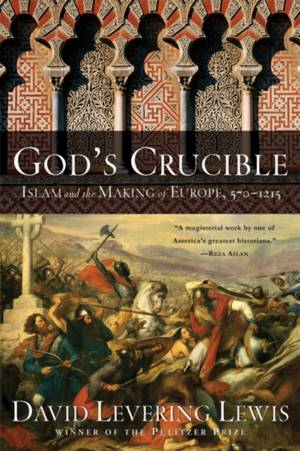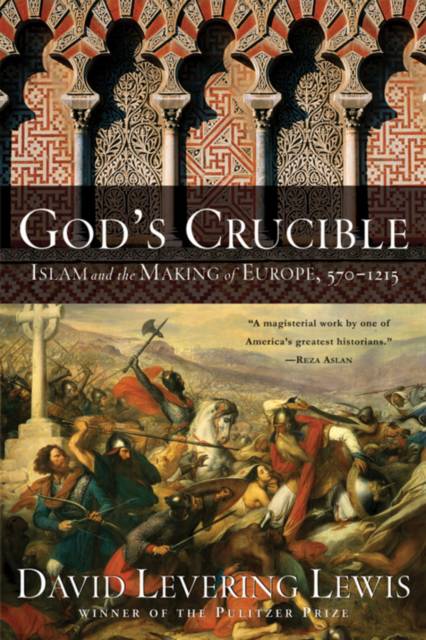
- Afhalen na 1 uur in een winkel met voorraad
- Gratis thuislevering in België vanaf € 30
- Ruim aanbod met 7 miljoen producten
- Afhalen na 1 uur in een winkel met voorraad
- Gratis thuislevering in België vanaf € 30
- Ruim aanbod met 7 miljoen producten
Zoeken
€ 38,95
+ 77 punten
Omschrijving
At the beginning of the eighth century, the Arabs brought a momentous revolution in power, religion, and culture to Dark Ages Europe. David Levering Lewis's masterful history begins with the fall of the Persian and Roman empires, followed by the rise of the prophet Muhammad and the creation of Muslim Spain. Five centuries of engagement between the Muslim imperium and an emerging Europe followed, from the Muslim conquest of Visigoth Hispania in 711 to Latin Christendom's declaration of unconditional warfare on the Caliphate in 1215. Lewis's narrative, filled with accounts of some of the greatest battles in world history, reveals how cosmopolitan, Muslim al-Andalus flourished--a beacon of cooperation and tolerance between Islam, Judaism, and Christianity--while proto-Europe, defining itself in opposition to Islam, made virtues out of hereditary aristocracy, religious intolerance, perpetual war, and slavery. A cautionary tale, God's Crucible provides a new interpretation of world-altering events whose influence remains as current as today's headlines.
Specificaties
Betrokkenen
- Auteur(s):
- Uitgeverij:
Inhoud
- Aantal bladzijden:
- 384
- Taal:
- Engels
Eigenschappen
- Productcode (EAN):
- 9780393333565
- Verschijningsdatum:
- 12/01/2009
- Uitvoering:
- Paperback
- Formaat:
- Trade paperback (VS)
- Afmetingen:
- 140 mm x 208 mm
- Gewicht:
- 612 g

Alleen bij Standaard Boekhandel
+ 77 punten op je klantenkaart van Standaard Boekhandel
Beoordelingen
We publiceren alleen reviews die voldoen aan de voorwaarden voor reviews. Bekijk onze voorwaarden voor reviews.











